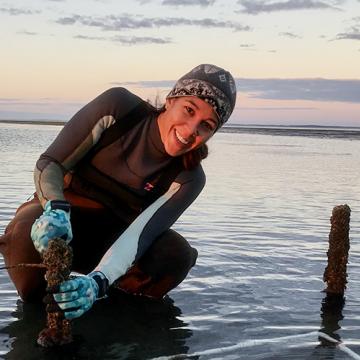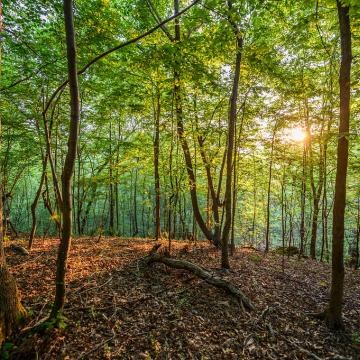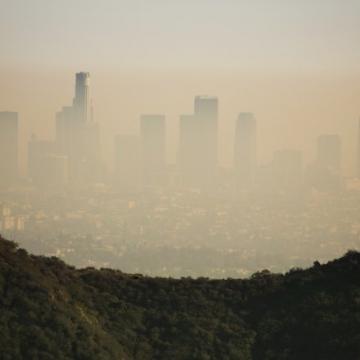-
NewsA Duke Forest tour featured research from the SEEDS Lab.
-
NewsModeling experiments show Pacific warm and cold patches persisted even when continents were in different places
-
NewsReforestation in low- and middle-income countries can remove up to 10 times more carbon dioxide from the atmosphere at lower cost than previously estimated, making it a potentially more effective option to fight climate change.
-
NewsPh.D. students Keqi He, Rafaella Lobo honored for their respective scholarship.
-
NewsExchangeable manganese cuts carbon storage in boreal forests
-
NewsMeet the Silliman Lab, learn more about its research focus, a PhD student's experience in the lab and the opportunities the lab offers Duke students.
-
NewsMaintaining a water level between 20 and 30 centimeters below the local water table will boost southern peatlands’ carbon storage and reduce the amount of greenhouse gases they release back into the atmosphere during dry periods by up to 90%, a Duke University study finds.
-
NewsBrian R. Silliman, Rachel Carson Distinguished Professor of Marine Conservation Biology at Duke University’s Nicholas School of the Environment, has been elected a Fellow of the Ecological Society of America (ESA).
-
-
NewsThe National Science Foundation and the Paul G. Allen Family Foundation have awarded a $1.2 million grant to support a new initiative aimed at boosting ecosystem restoration and climate resilience along North Carolina’s coast.
-
NewsRewetting and restoring 250,000 acres of southern pocosin peatlands that had been drained for farming but now lie fallow could prevent 4.3 million tons of climate-warming carbon dioxide, now stored in their soils, from oxidizing and escaping back into Earth’s atmosphere each year, a Duke University study shows. That amount equals 2.4% of the total annual reductions in CO2 emissions needed for the United States to be carbon neutral by 2050.
-
NewsThe sustainability of North American forests depends on trees’ ability to produce seeds and seedlings that can survive and grow in a changing climate. A new Duke University-led research initiative with more than $2 million in funding from the National Science Foundation aims to help boost their odds of success.
-
NewsSlashing emissions of carbon dioxide by itself isn’t enough to prevent catastrophic global warming, a new study shows. But if we simultaneously also reduce emissions of methane and other often overlooked climate pollutants, we could cut the rate of global warming in half by 2050 and give the world a fighting chance.
-
NewsHuman activities such as marsh draining for agriculture and logging are increasingly eating away at saltwater and freshwater wetlands that cover only 1% of Earth’s surface but store more than 20% of all the climate-warming carbon dioxide absorbed by ecosystems worldwide. A new study published May 5 in Science by a team of Dutch, American and German scientists shows that it’s not too late to reverse the losses.
-
NewsA forest’s ability to regenerate after devastating wildfires, droughts or other disturbances depends largely on seed production. Findings from two new studies led by Duke University researchers could boost recovery and replanting after these disasters by providing foresters with new guidance on which tree species produce more seeds and how their productivity can vary from location to location.














